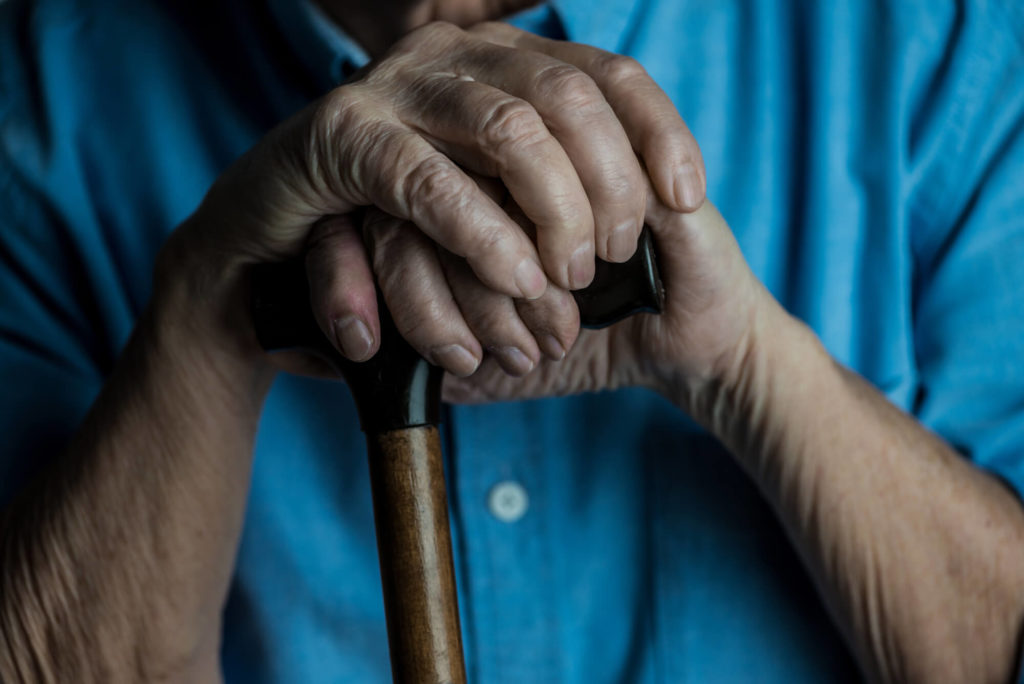
Elder Abuse By a Family Member: What You Need to Know
Elder abuse affects 10% of the older population yearly, but fewer cases are reported or prosecuted. According to the National Council on Aging, family members commit six out of ten cases of abuse.
Elder abuse encompasses behaviors that injure someone over 60 who may live with one or more family members. A study by the University of California’s Keck School of Medicine found that over 60% of abuse cases are financial, and another third is emotional abuse cases.
Elder abuse is a serious charge, and severity of the penalty largely depends on the circumstances and nature of the incident. If you are facing elder abuse charges, make sure you fully understand the charge itself and how you can defend yourself.
What does the law say about elder abuse, and what types of abuse are there? Learn more below.
Texas Law on Elder Abuse
Elder abuse by a family member implies that someone is doing something to physically, emotionally, or financially hurt an older relative. The abuse may occur only once, periodically, or frequently. The abuse may be purposeful or accidental, resulting in mild, moderate, or severe pain and suffering.
Many times, the abuse occurs in the older person’s own home.
Elder abuse is a felony in Texas, and anyone found guilty can be convicted of a first-degree felony. If the abuse is due to a reckless act, you can be convicted of a second-degree felony.
Learn how a criminal defense attorney can help your case. Get your free ebook today »
What Constitutes Elder Abuse?
Elder abuse can be physical, emotional, or financial. Elders may suffer from neglect. Another form of abuse is exploitation.
Physical abuse is any behavior resulting in or is likely to result in bodily injuries, such as bruises, cuts, or broken bones. Physical abuse includes:
- Pushing
- Pinching
- Hitting
- Beating
- Forcible restraint
Sexual abuse includes unwanted sexual contact without the individual’s consent or any behavior that hurts the individual sexually, including inappropriate touching, fondling, or kissing; rape; taking sexually explicit photographs; or exposing the older person to sexual content without their approval.
Emotional or psychological abuse is any verbal or nonverbal behavior that causes mental anguish, fear, or emotional pain. It includes:
- The “silent treatment”
- Name-calling
- Insults
- Threats
- Treating the older person like a child
- Controlling behavior
- Isolating the older relative
Emotional abuse also includes oral, written, or gestured language, including disparaging or derogatory terms, regardless of the elderly relative’s ability to hear or comprehend.
Financial abuse is the illegal or improper use of an older adult’s funds, property, or assets, including:
- Coercing the change of a will
- Using cash or credit cards without permission
- Forging signatures on checks
- Forcing the change of bank accounts or the transfer of property
Neglect means the caregiver fails to provide primary care needs, goods, or services, including medical services, necessary to avoid physical or emotional harm or pain. It includes:
- Withholding food or water
- Withholding clothing or medication
- Withholding help with personal hygiene
- Abandonment
Elder abuse laws are in place because older individuals may lose the ability to protect themselves as they age.
Defenses to Elder Abuse Charges
If you were accused of abusing an elderly family member, there are some defenses you and your attorney can employ to fight the charge. The most common defenses against elderly abuse charges include:
- Mistake of fact
- You were not willfully or intentionally negligent
- The victim is not an elder
- Self-defense
- The elderly person consented to the action (in situations like financial payments)
An experienced attorney can help you decide what defense will be best for your individual case.
Talk to an Attorney
If you or someone you love has been accused of elder abuse, contact the office of Brett Podolsky. Our office can help you build a defense and make sure you do not suffer from false accusations.
